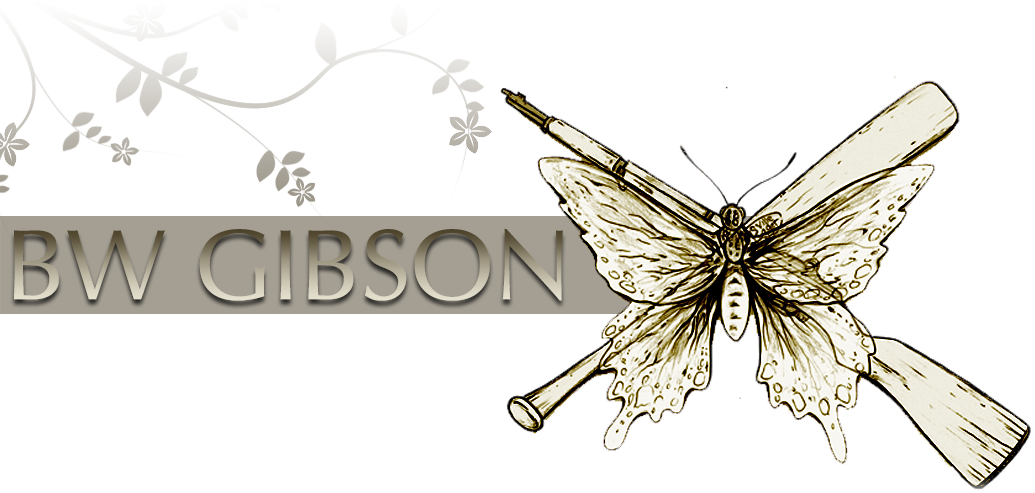In my July 13, 2014 blog I shared 3 Key Qualities to a Successful Blogger. One of those qualities was Attention to Detail. For the sake of time, I am going to narrow this topic down to ONE specific detail regarding Historical Fiction: Character Names.
Generally speaking the objective of historical fiction is to capture the particular period in history during which the story takes place. One important detail that shouldn’t be missed is the authenticity of character names. Many names that are popular today were not always popular and in some cases did not even exist. For example, in my book Extra Innings: The Diamond Thieves, one of the main supporting character’s is Charlie Blair. In the original version of the story, he was written as Ryan Blair simply because I liked that name and though it fit his persona of being a pretty boy. However, according to my research the name Ryan did not appear as a first name until 1946. Previously, it had only been known as a last name. My story begins in 1947, at which point my “Ryan Blair” was thirteen years old. Fortunately, I caught this oversight and then had to begin searching for a fitting name to this character. Social Security online has a designated section for popular boy and girl baby names for each specific year in history (you can also search by decade). This site was very helpful through the Extra Innings trilogy since I can search by state and the story takes place in Mississippi. (NOTE: If your book takes place in another country you may try using a site called Baby Name Wizard. This allows you to search for popular boy and girl names by country). Through my searching I was able to happily settle on Charlie which was one of the top 10 boy names during the 1930’s in the American South. REMEMBER: Search using the decade or year in which your character was born NOT the year in which they are a young adult or adult in your story.
Now I’m going to switch perspectives. Although it is critical to capture authenticity when representing a specific period in American History, or anywhere in the world, you may also choose a unique name to one or a few select characters. This may help to give your book some global popularity when it comes to search engine uniqueness. Although it was not my initial intention with one key character, T.J. was certainly not a popular name until later on in American History. The only reference I could find was in ‘Roll of Thunder, Hear My Cry‘ by Mildred D. Taylor. One of her characters was a 13 year old boy named TJ Avery. I debated whether or not to change T.J.’s name to a more popular black name of the Old South but ultimately believe it was best considering how significant and unique of a role he played throughout the books.
Lastly, is surnames. This is another area you don’t want to miss. Make sure you to your research on popular last names AND how they were spelled as spellings may be different in certain regions of the United States as well as specific parts often world.
This extra step of research will have a significant impact on how your book feels to its readers. Even if your target market was not alive during that particular era, an accurately selected name, especially one unique to that time period, may trigger a memory of a grandparent or great grandparent that will help boost the story’s overall credibility. The last thing I would want is for my readers to comment: “I loved B.W. Gibson‘s Extra Innings story but I couldn’t get past that Ryan Blair character. I’m from the South and Ryan was just not a name that was ever used back then.”
Make sense?
